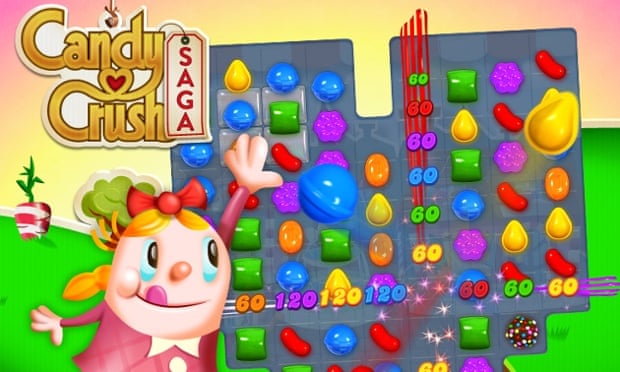Candy Crush Saga, the mind-numbingly simple yet addictive game that involves matching coloured sweets,is now popular all over the world.
Candy addiction
· 67% say the game has had an impact on their life· 32% of players ignore friends and family
· 30% say they are addicted to the game
· 25% of players have spent money on Candy Crush
· 20% admit playing Candy Crush "often"
· 10% have argued over time spent playing
· Source: Ask Your Target Market
So what is it about this game that makes it so addictive?
First of all, it’s simple. The premise of Candy Crush is basic enough for a preschooler – just match three candies of the same colour. Initially, the game allows us to win and pass levels with ease, giving a strong sense of satisfaction. Despite its reputation as a pleasure chemical, dopamine also plays a crucial role in learning, cementing our behaviours and training us to continue performing them.
Also, Candy Crush is essentially a game of luck, your success dependent on the array of colours you have randomly been given rather than your swiping skills. This means that the reward schedule becomes unexpected: we lose more often than we win and we never know when the next triumph will come. Rather than discouraging us from playing, this actually makes the game even more enticing than if we won easily.
Another feature of the game that strongly affects how we respond is the limit on how much we can play at any given time. Candy Crush effectively puts you into "time out" after five losses. This means you can never be completely satiated when playing and always leaves you wanting more. And by not letting you play, the game actually becomes even more rewarding when you are let back into Candyland. This is also how Candy Crush makes its money, letting you buy back into the game if you’re willing to purchase extra lives.

http://bit.ly/1C0LhWD
没有评论:
发表评论